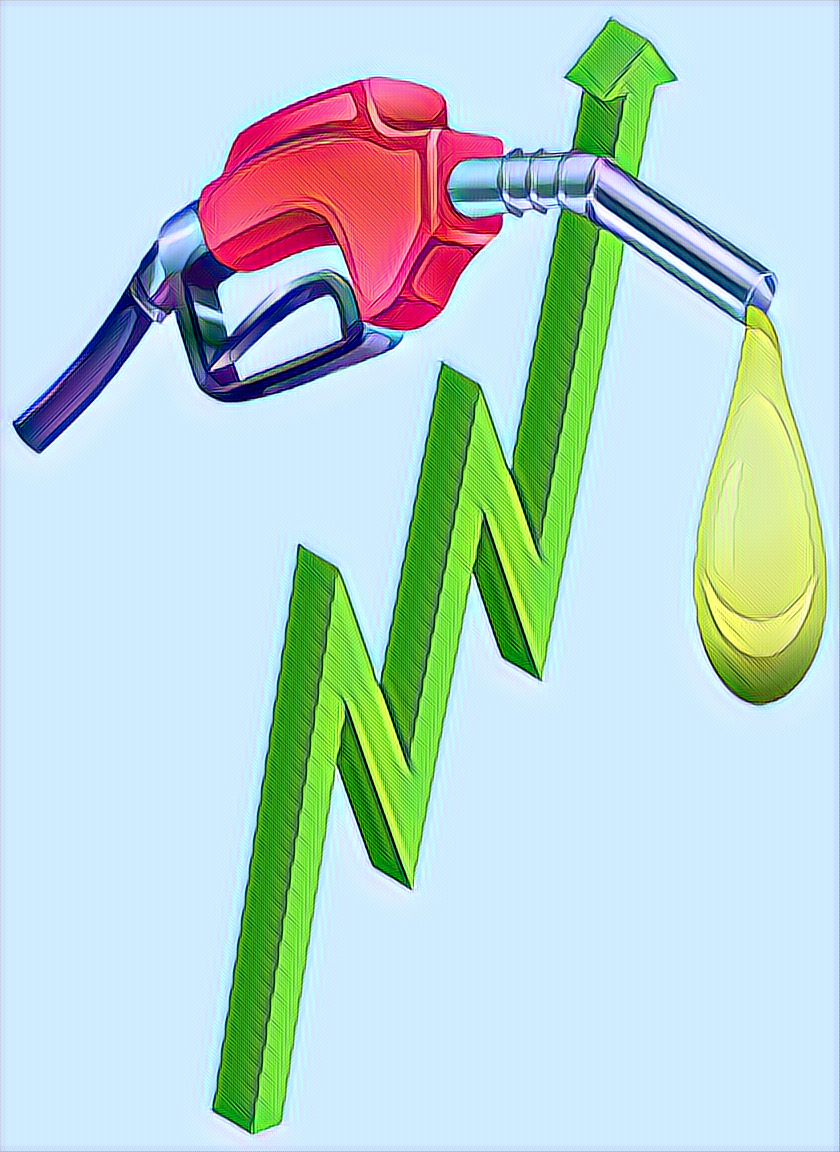Nigeria is currently confronting an escalating fuel subsidy crisis, with monthly expenditures reaching approximately N907.5 billion as the naira’s value plummets, exacerbating the country’s economic difficulties. Despite official denials, the stark reality of the subsidy’s financial burden has come to the forefront, highlighting the complexities of managing the premium motor spirit (PMS), commonly known as petrol, in a fluctuating economic landscape.
The situation has led to a standstill in petroleum product imports, with over 90 licensed marketers unable to facilitate shipments nearly nine months following President Bola Tinubu’s announcement of deregulating the downstream petroleum sector. This impasse has been primarily attributed to the unresolved price differentials exacerbated by the naira’s depreciation, pushing the actual cost of a litre of fuel to N1,202.7.
Amidst this backdrop, the Nigerian Association of Road Transport Owners (NARTO) is threatening to down tools, demanding a doubling of the existing transportation allowance, a move forced by the surge in diesel prices to about N1,400 per litre. This increase has significantly raised operational costs, with diesel expenses for transporting goods from Lagos to Abuja soaring to N1.4 million, a stark rise from the N600,000 recorded mid-last year.
The challenges extend to the government’s price control efforts despite the sector’s deregulation, potentially impacting the operational viability of refineries like Dangote’s, which rely on imported crude oil for processing. With the crude oil price fluctuating and the naira’s depreciation, the subsidy per litre has reached an alarming N585.5, totaling an unsustainable N907.5 billion monthly expense based on the country’s reduced daily consumption.
This financial conundrum occurs as international bodies like the International Monetary Fund (IMF) urge Nigeria to eliminate fuel and electricity subsidies. The government’s subsidy payments, unacknowledged in the 2023 budget, are now a significant concern, with the Nigerian National Petroleum Company Limited (NNPCL) shouldering the importation and associated costs.
The petroleum industry is at a crossroads, with licensed importers like the Independent Petroleum Marketers Association of Nigeria (IPMAN) unable to operate at the current rates, calling for equitable access to foreign exchange. As transporters face untenable operational costs, the threat of halting petroleum product distribution looms, potentially exacerbating the economic and logistical challenges facing Nigeria.


